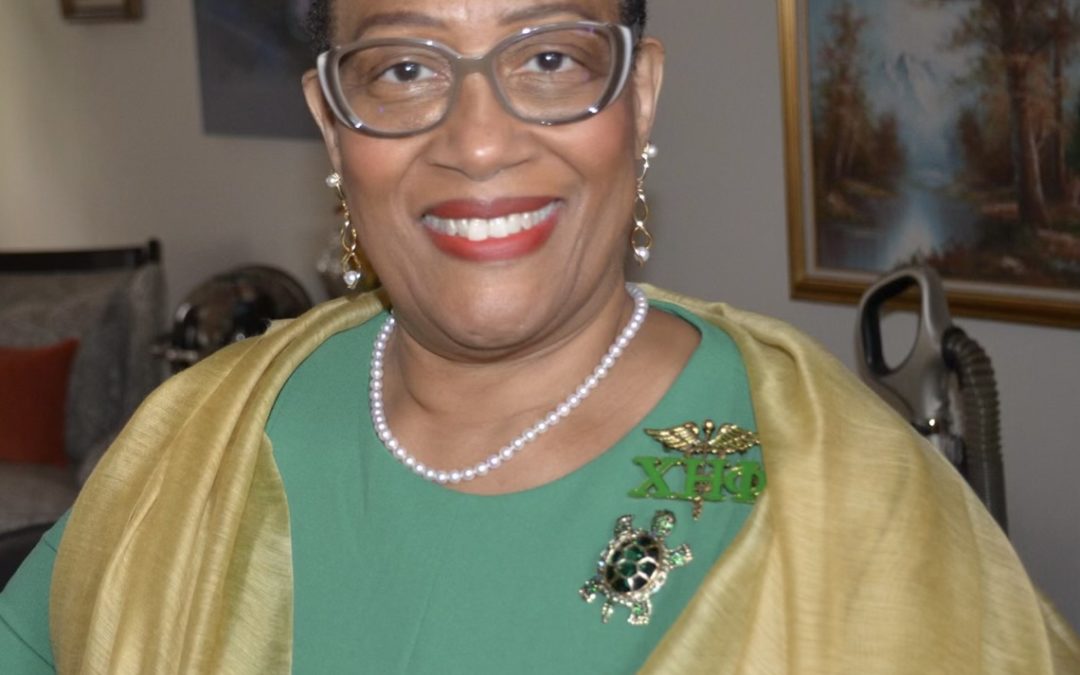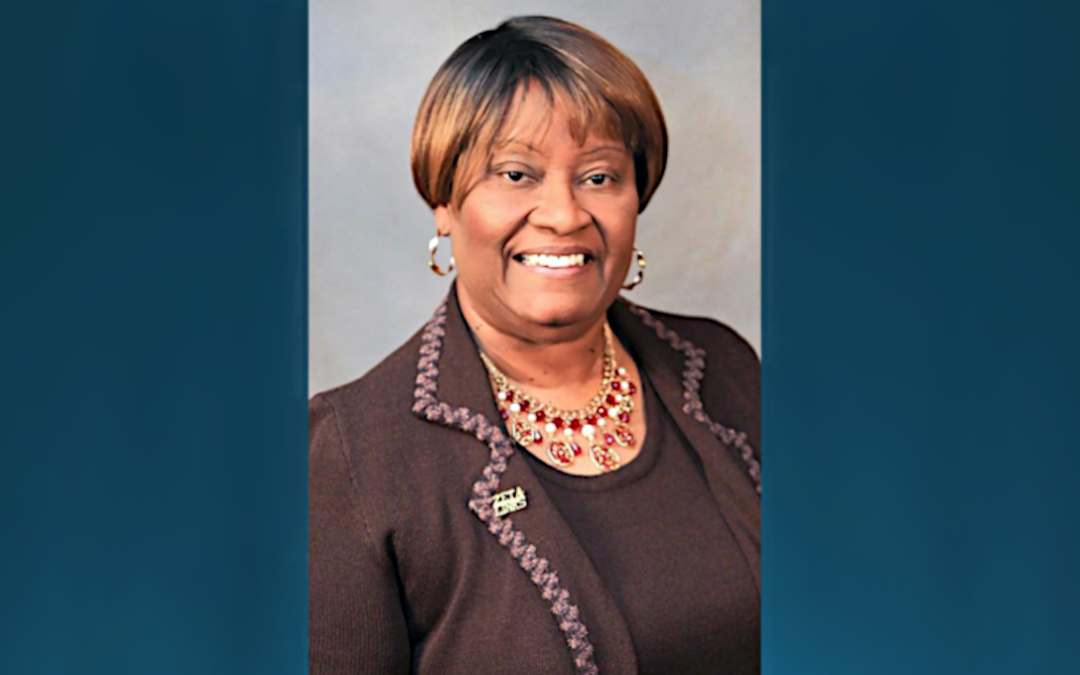
National Nurses Week: A Look at Trailblazing Nurses
National Nurses Week, celebrated May 6-12 is a bright spot in the year for many nurses. Gatherings and appreciation across the nation boost morale and give nurses a lift up.
For Dr. Vivienne Pierce McDaniel DNP, MSN, RN, and DEI Consultant for Sentinel U’s Virtual Nursing Clinical Simulations, National Nurses Week truly begins on May 7 as that is the birthday of Mary Eliza Mahoney, the first Black nurse to become licensed. National Nurses Week also honors the birthday of Florence Nightingale, long considered the founder of nursing, with its end date of May 12.
As a nurse for whom nursing is a second career, McDaniel feels a connection to historic trailblazer, Mary Eliza Mahoney for her own career. McDaniel is also a fellow of the American Association of Colleges of Nursing Diversity Leadership Institute, is the president of the Central Virginia Chapter Black Nurses Association, the chair of the Virginia Nurses Association’s DEI Council, the historian for DNPs of Color, and a mentor for the American Association of Colleges of Nursing Diversity Leadership Institute. She is a member of the Eta Eta Chapter of Chi Eta Phi Sorority, Inc.
McDaniel, who is a devoted historian, says she became fascinated by the stories of the earliest Black nurses. “I feel a kinship with them,” she says. “And I didn’t even know they existed. When I was going to school, I didn’t see any professors that looked like me. I started researching and looking for people who look like me, and I was inspired to learn about them and chronicle their lives.”
For women who were such important pioneers, McDaniel says learning about Mahoney and other Black nurses in history was happenstance. “What’s troubling is that I didn’t learn about her in nursing school,” says McDaniel. With a scant two sentences devoted to Mahoney in the nursing textbook McDaniel’s classes used, she has no recollection of conversation about this woman who paved a path for generations of nurses to follow.
And while Mahoney is someone who gained formal experience, her journey was indirect. She worked in the New England Hospital for Women and Children doing jobs including laundress and cook. But that was typical, says McDaniel. “Many nurses in the past gained formal and informal training,” she says. “Many gained their knowledge experientially because they were not allowed entry into nursing school.”
And while many consider these nurses as unsung or hidden figures, McDaniel says they really have been erased from history. Their work was so essential–on the front lines of Civil War battlefields, for example–but not recognized.
While many people know about Louisa May Alcott’s work as a nurse and an author, few people have heard of Matilda Cleaver John, a Black nurse who fought to keep Alcott alive when she was sick with typhoid, says McDaniel. “No one hears about them,” she says.
With so many restrictions on Black nurses–where they could work, who they could care for, and what tasks they could perform–the women who took this career path were up against formidable challenges. Because of that, McDaniel wants others to know about the essential and transformative work performed by nurses who never got credit for the lives they saved, and the personal risk involved to do that work. It is, she says, a direct reason for the disparities and inequities that exist in nursing today.
“I am greatly influenced by Mary Eliza Mahoney not just because she was the first Black woman to graduate from a nursing school,” says McDaniel, “but also because of all she endured and the hurdles she had to cross to do what she did.”
With that in mind, McDaniel says her personal celebrations are especially poignant during National Nurses Week, and she particularly begins honoring the week on May 7 when she recognizes and remembers Mahoney.
Eventually, McDaniel would like to see a full history of nursing, once that reflects all nurses, included in nursing textbooks. “I want to bring them out of obscurity,” she says. “They had so much against them because of the color of their skin but they still did courageous things. I am inspired by their advocacy efforts.”
______________________________________________________________________________
______________________________________________________________________________
To find out more about Black nurses, McDaniel recommends reading:
The Path We Tread: Blacks in Nursing Worldwide, 1854-1994 by M. Elizabeth Carnegie
Reminiscences of My Life in Camp with the 33D United States Colored Troops by Susie King Taylor




